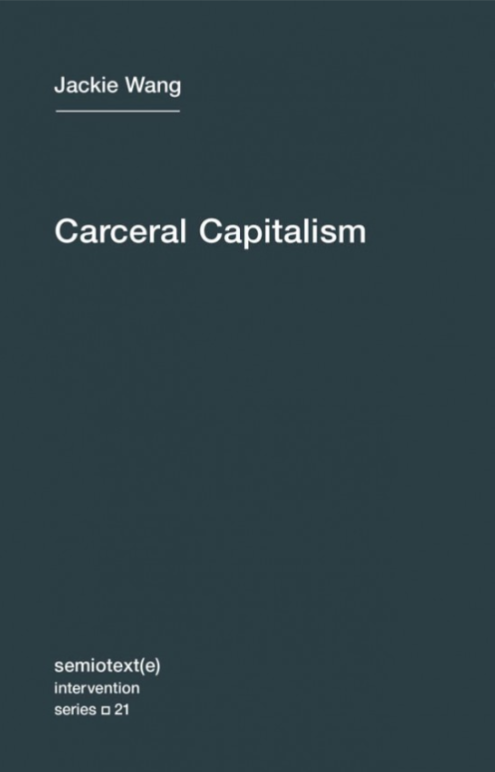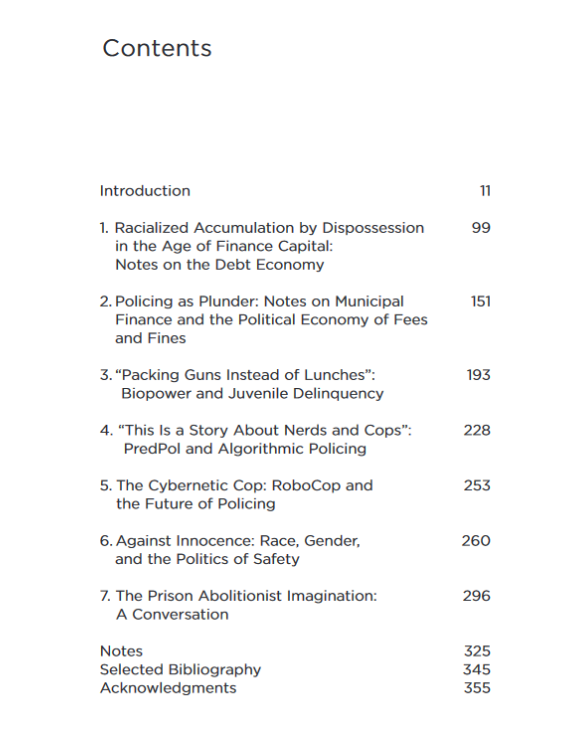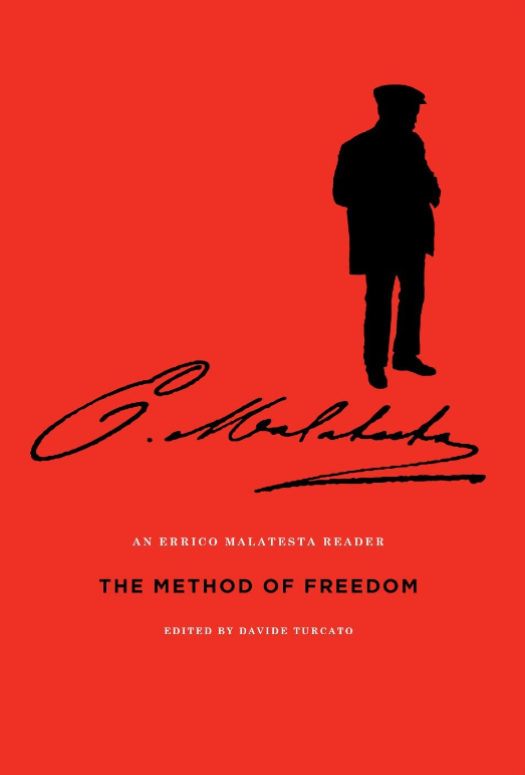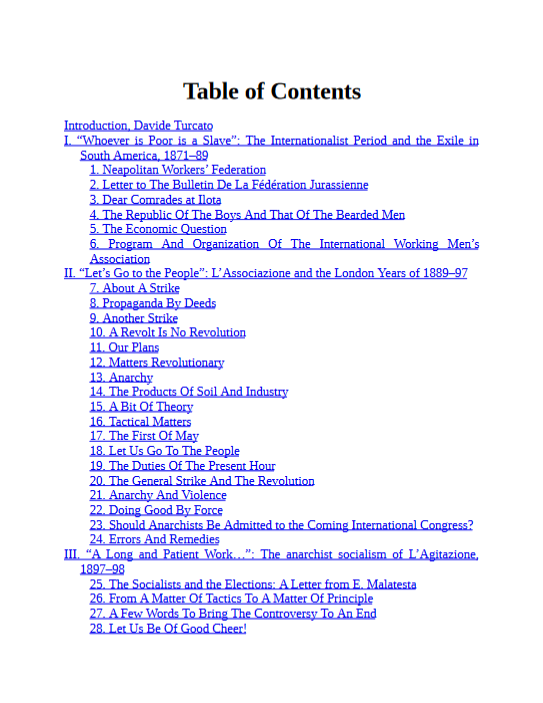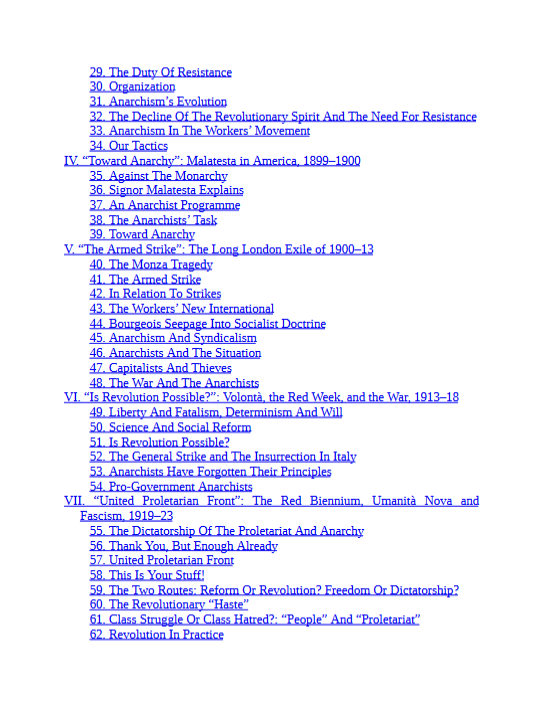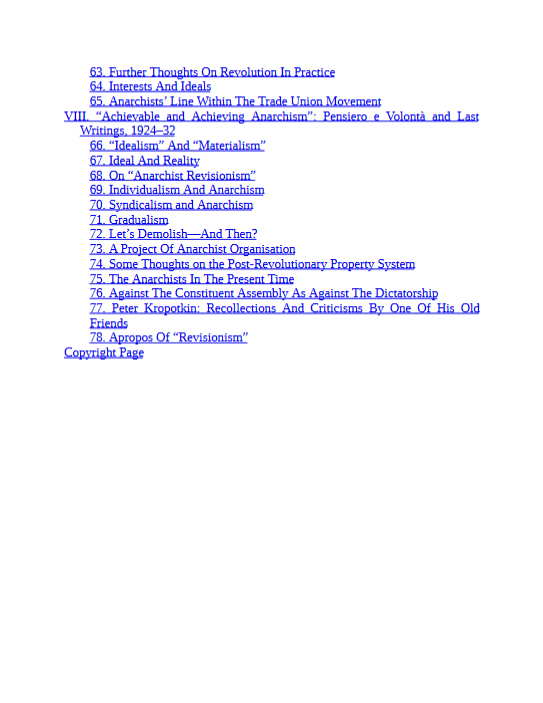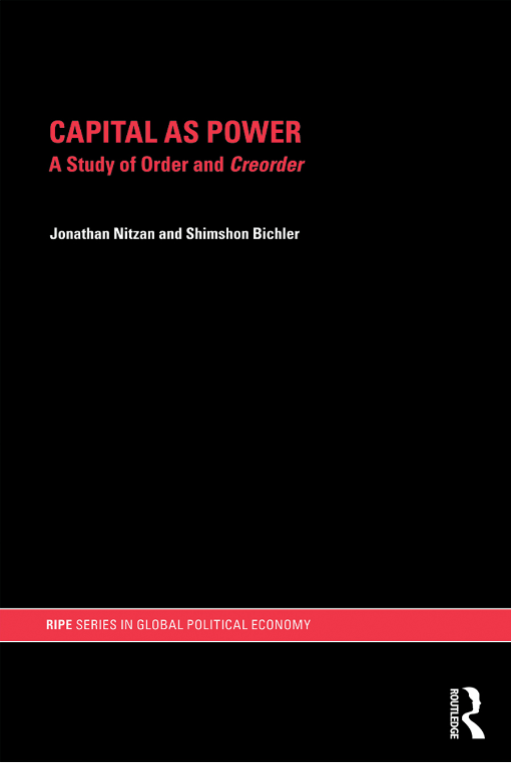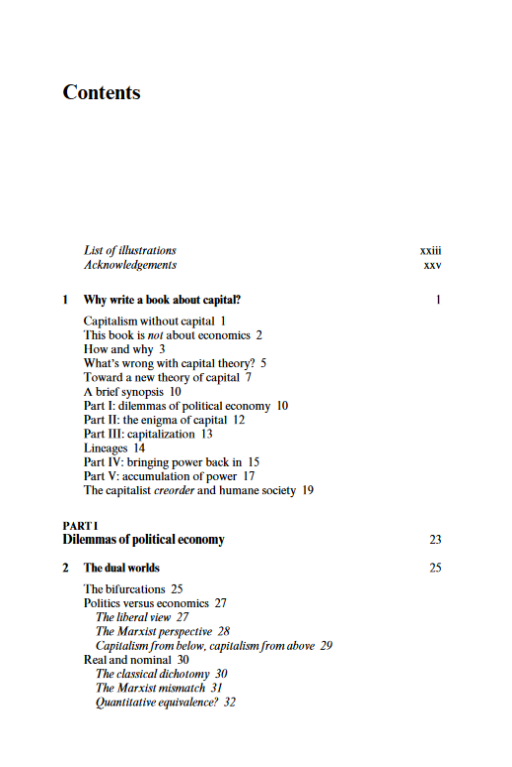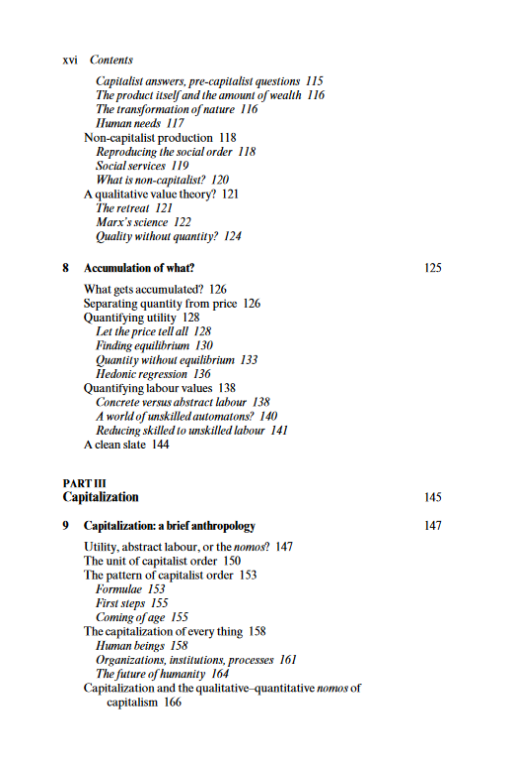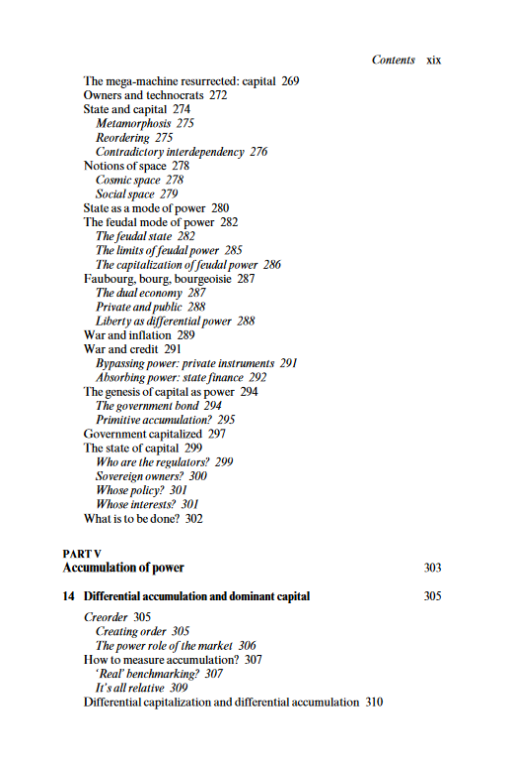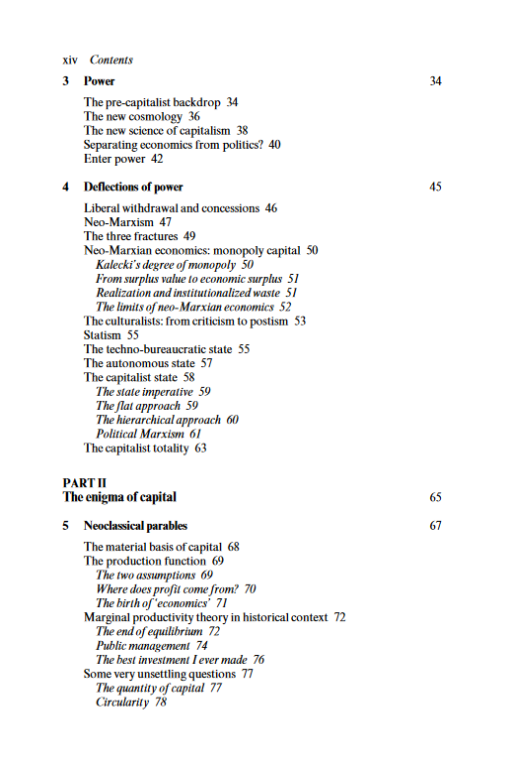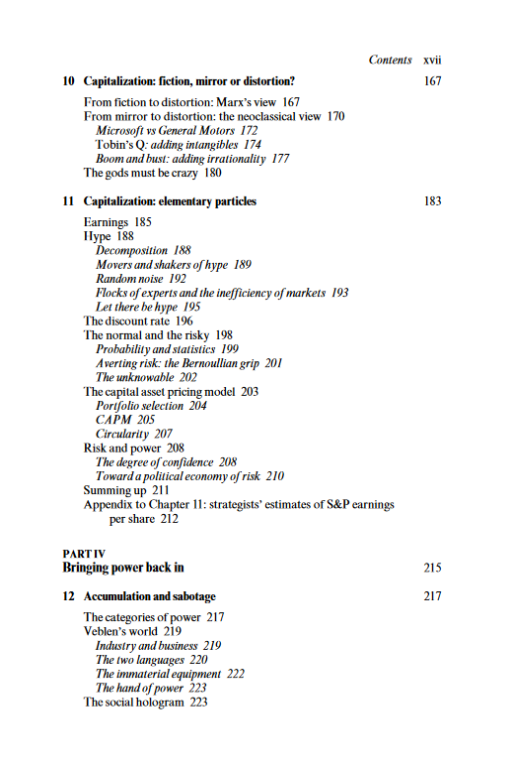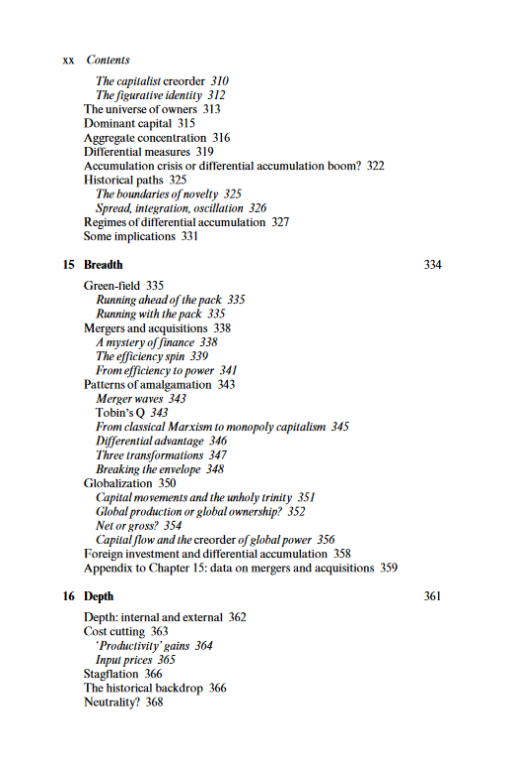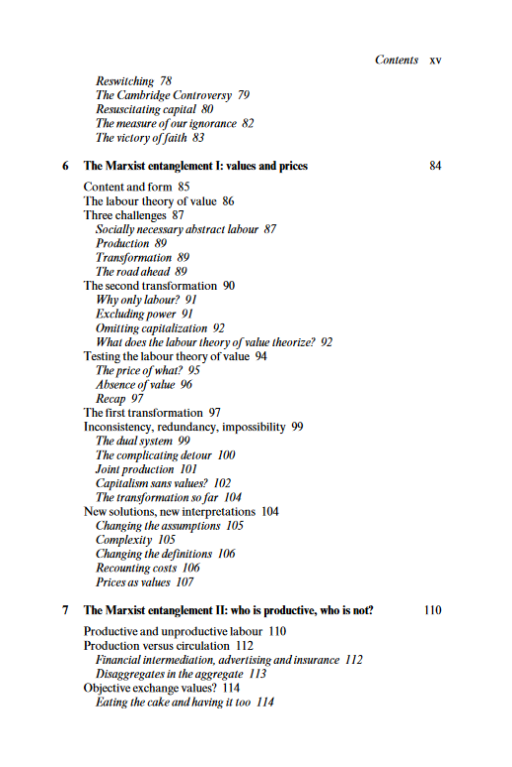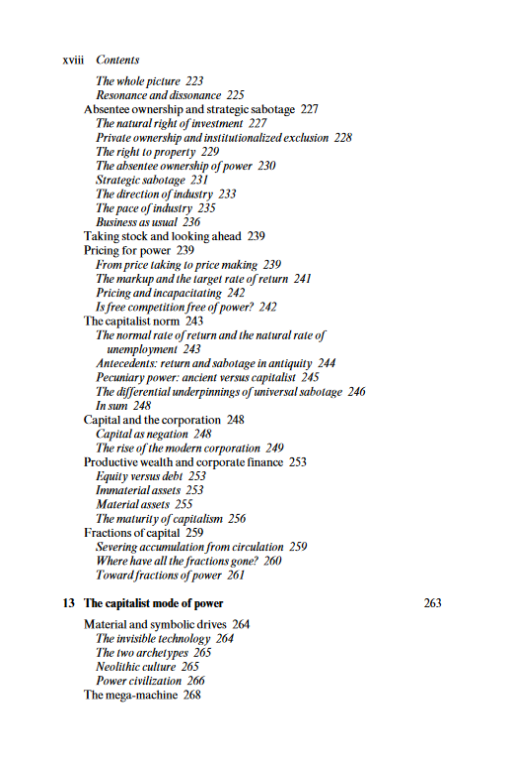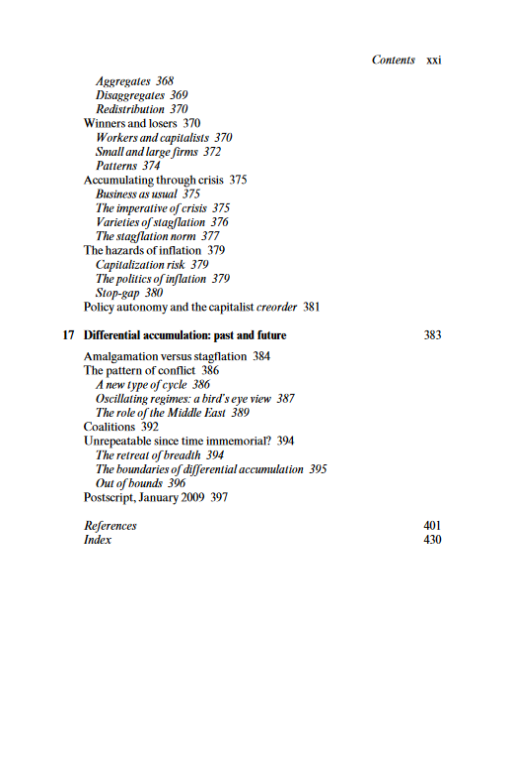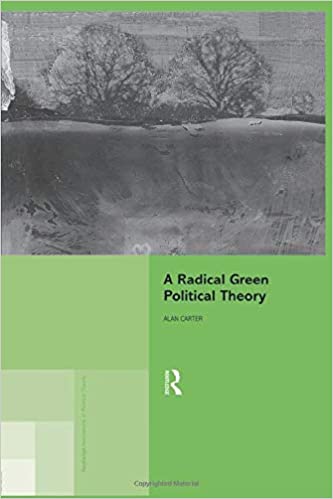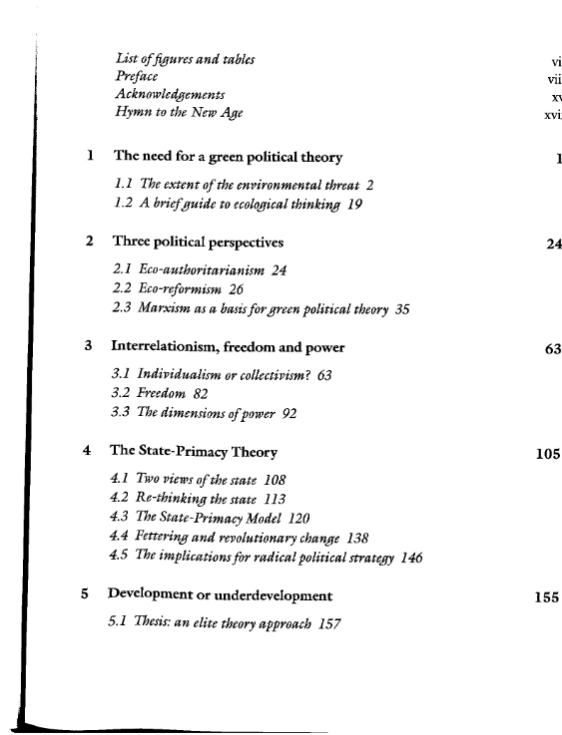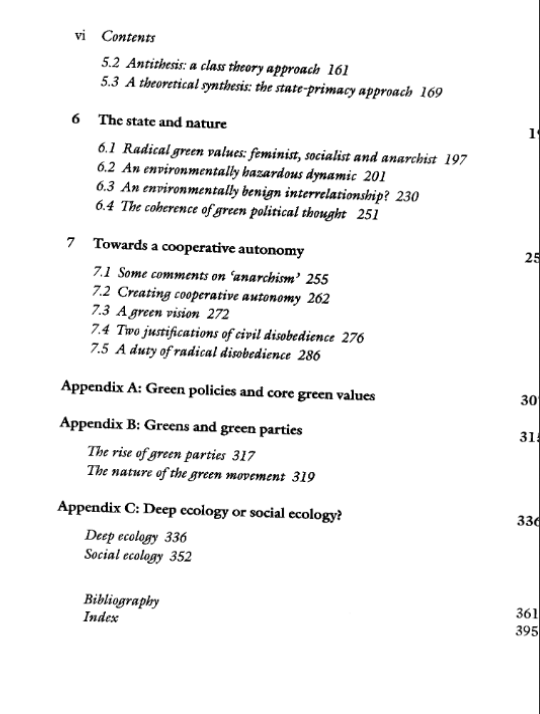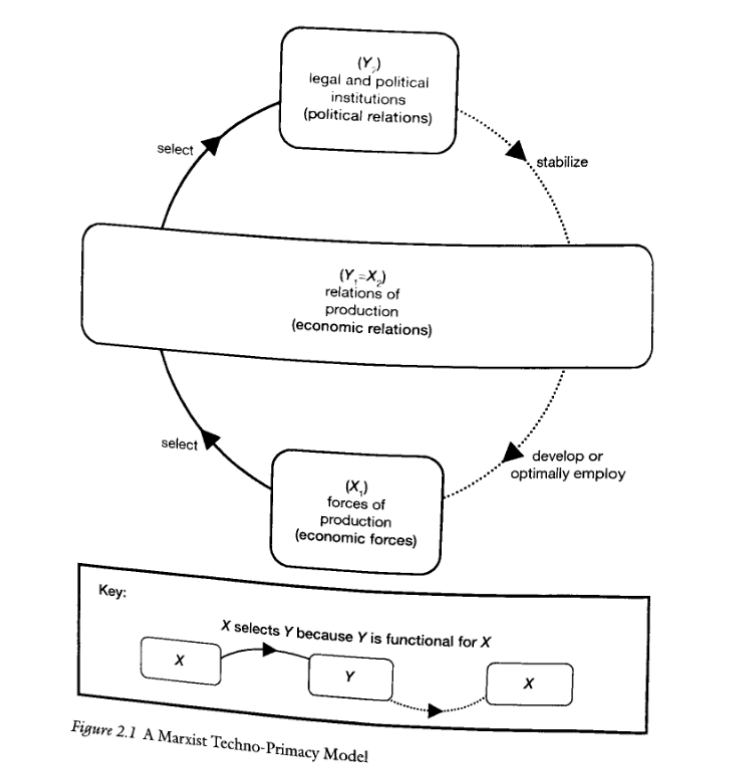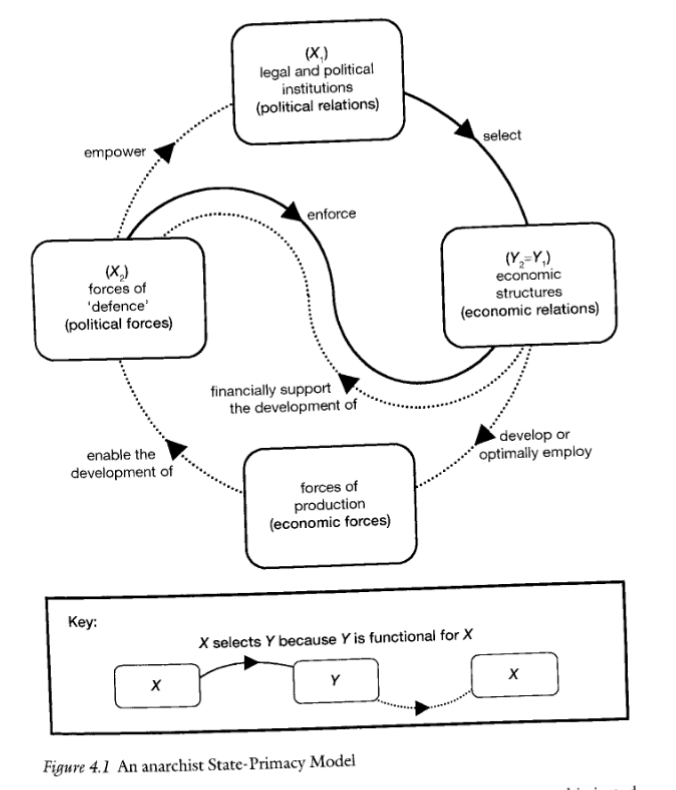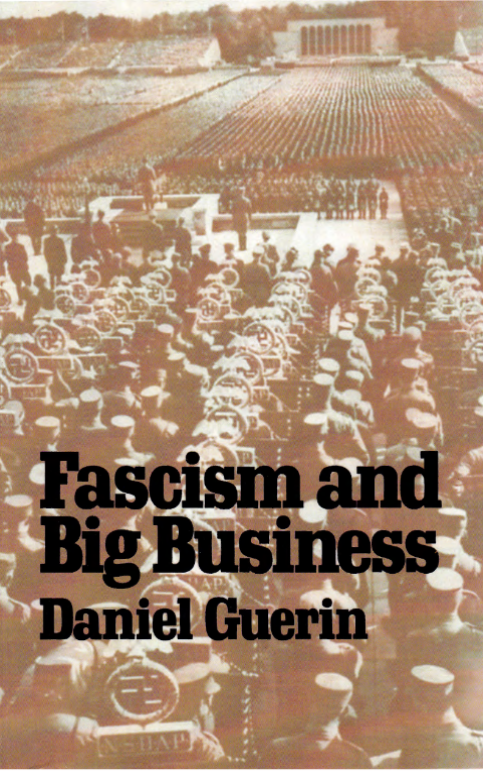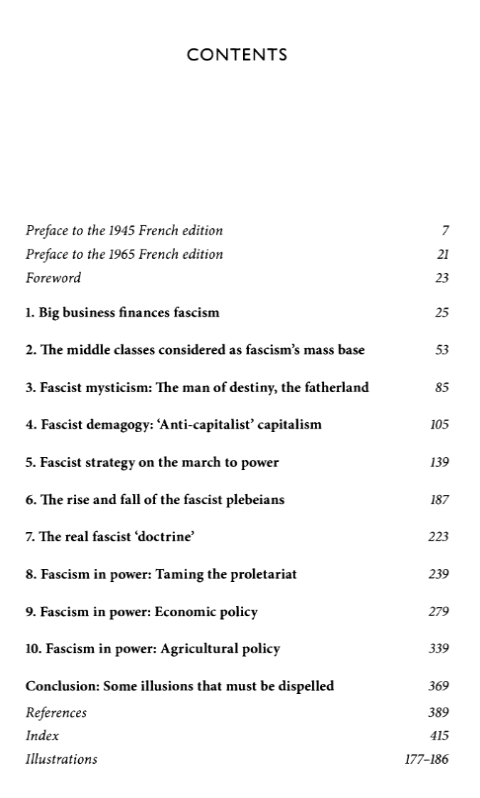Author(s)
Juana Ponce de Leon (editor)
Contents
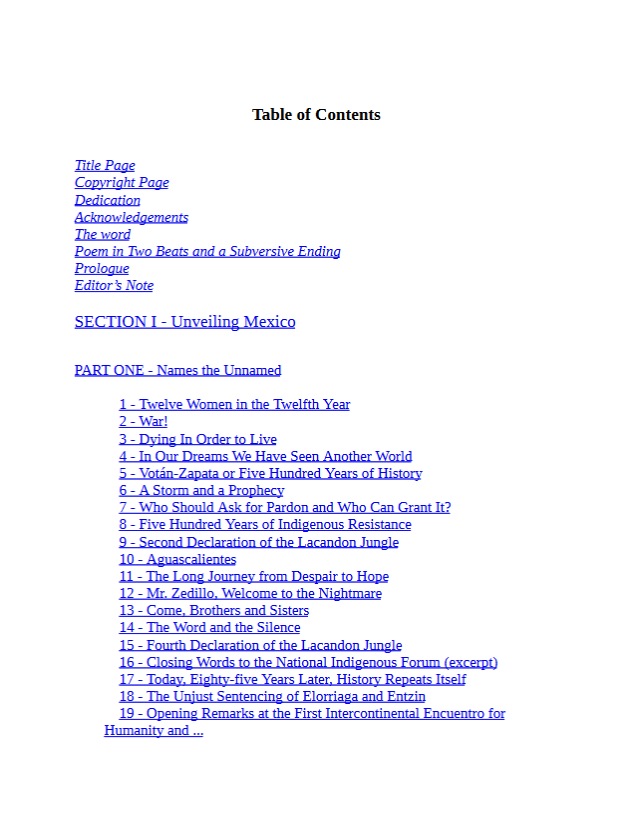
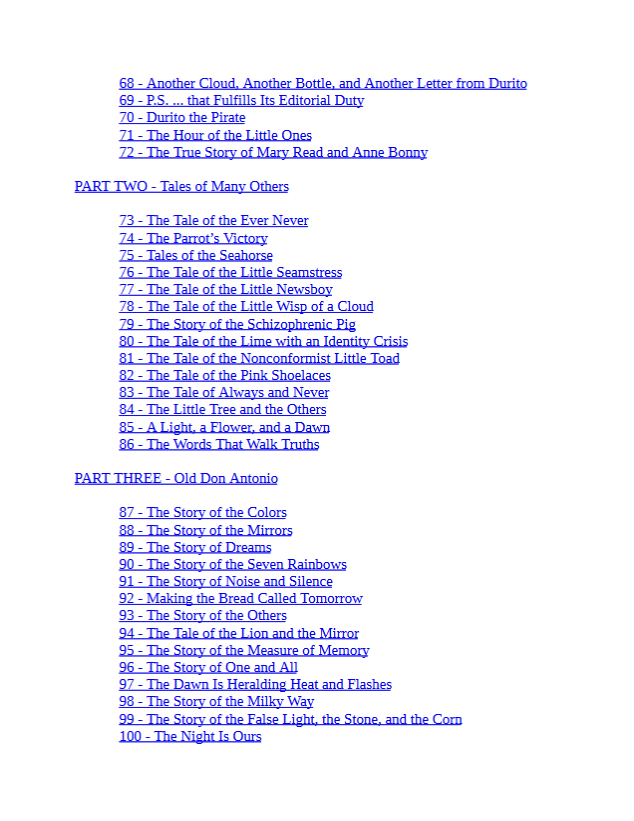
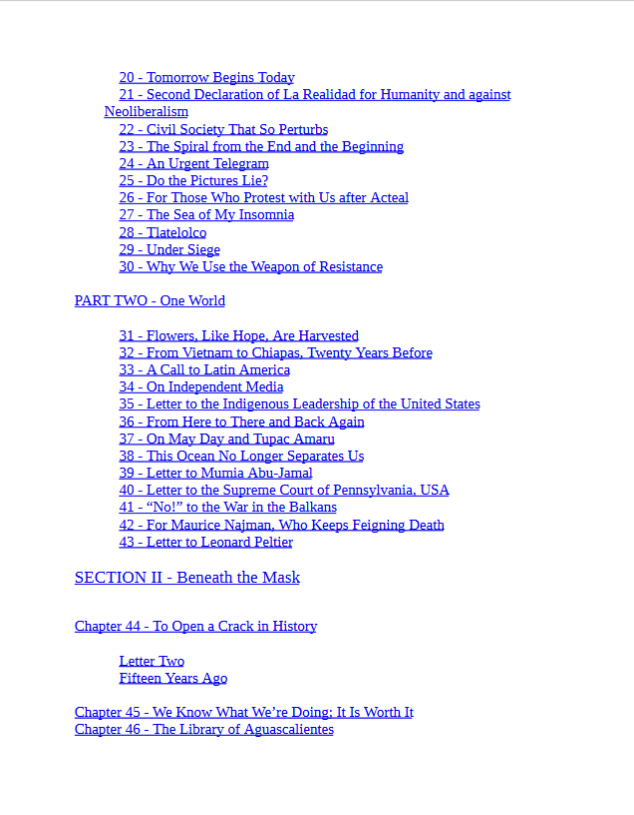
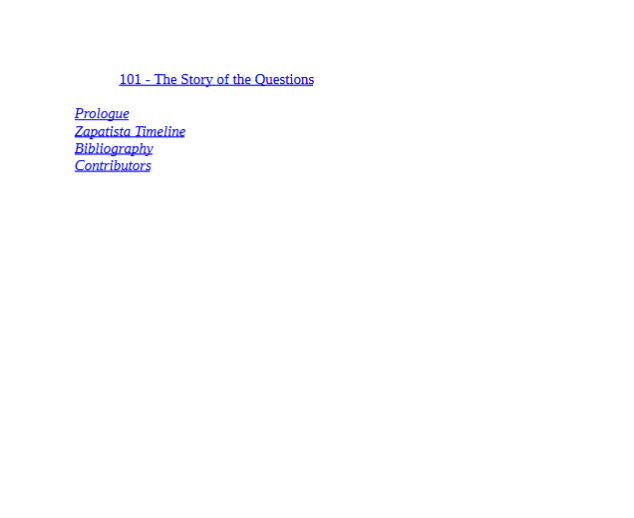
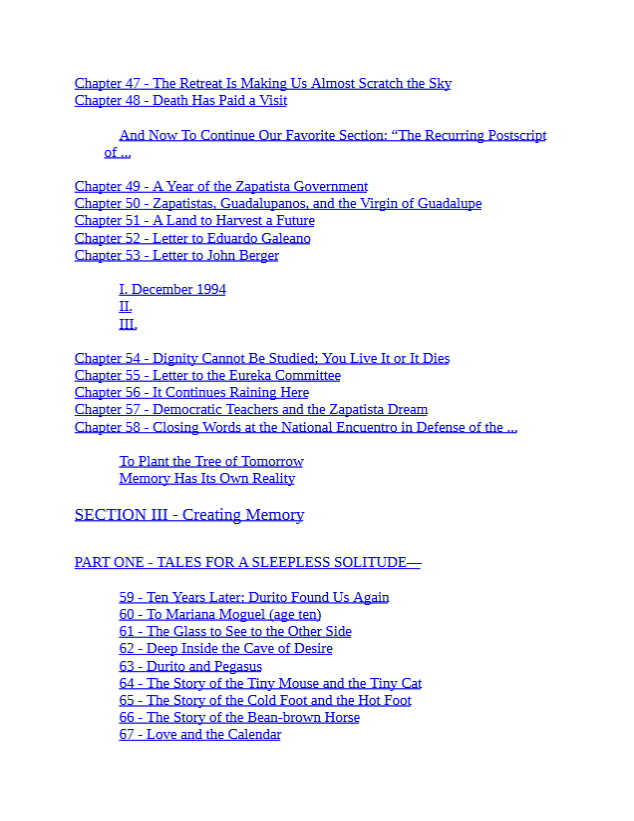
“The indigenous of Chiapas aren’t the only humiliated and offended people in this world. In all places and at all times, regardless of race, color, customs, culture, and religious belief, the human creature we are so proud to be has always known how to humiliate and offend those whom, with sad irony, he continues to call his fellows. We have invented things that don’t exist in nature : cruelty, torture, and disdain.
By a perverse use of race, we’ve come to divide humanity into irreducible categories : rich and poor, master and slave, powerful and weak, wise and ignorant. And incessantly in each of these divisions we’ve made subdivisions so as to vary and freely multiply reasons for disdain, humiliation, and offense.
In recent years Chiapas has been the place where the most disdained, most humiliated, and most offended people of Mexico were able to recover intact a dignity and an honor that had never been completely lost, a place where the heavy tombstone of an oppression that has gone on for centuries has been shattered to allow the passage of a procession of new and different living people ahead of an endless procession of murders. These men, women, and children of the present are only demanding respect for their rights, not just as human beings and as part of this humanity but also as the indigenous who want to continue being indigenous.They’ve risen up most especially with a moral strength that only honor and dignity themselves are capable of bringing to birth and nursing in the spirit, even while the body suffers from hunger and the usual miseries.”
José Saramago (Prologue)
Leave a comment below with a valid email adress (it will not be published) to request this book.

